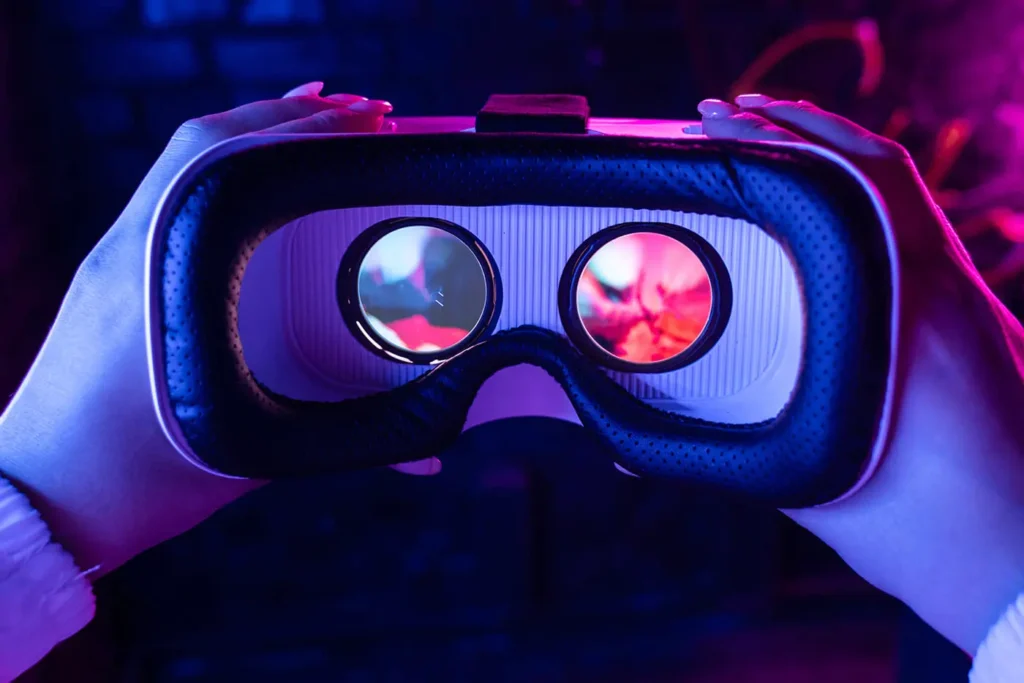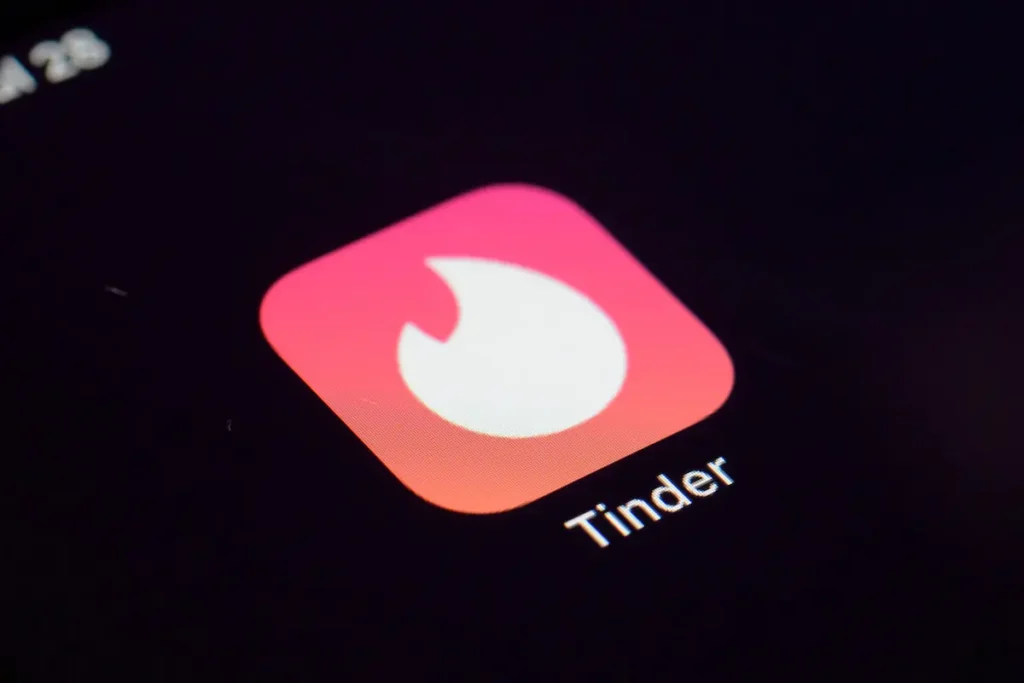As artificial intelligence continues to advance, its influence on our daily lives becomes increasingly profound. One area experiencing significant transformation is human relationships. From online dating to virtual assistants, AI is reshaping the way we connect, communicate, and even fall in love. In this article, we explore how technology is redefining modern relationships and what the future holds for love in the age of AI.
The Role of AI in Modern Dating
Dating apps have been a game-changer in the way people meet and form connections, and AI is taking them to the next level. Modern platforms use algorithms to match users based on shared interests, behaviors, and even personality traits. These AI-driven tools aim to create more meaningful connections and reduce the overwhelming nature of swiping through countless profiles.
- Personalized Matches: Apps like OkCupid and Hinge utilize AI to analyze user data and suggest potential partners who align with their preferences. By incorporating factors such as communication styles and compatibility scores, AI makes the process more efficient.
- Behavioral Insights: AI tracks user interactions, such as how long they spend viewing a profile or their swiping patterns, to refine matchmaking over time. This data-driven approach creates a tailored experience for each individual.
- Voice and Video Integration: Some platforms are integrating AI-powered voice and video features to assess tone, facial expressions, and conversational styles, further enhancing compatibility predictions.
Virtual Assistants and Relationship Coaching
AI is not just helping people find love; it’s also playing a role in maintaining and improving relationships. Virtual assistants and AI-powered relationship tools are becoming increasingly popular for offering advice and support.
- AI Relationship Coaches: Tools like Relish and ReGain provide personalized coaching to couples, offering tips on communication, conflict resolution, and emotional intimacy. These platforms analyze user inputs and offer actionable advice.
- Chatbots as Emotional Support: AI chatbots such as Replika are designed to offer emotional companionship. While not a replacement for human connection, they can provide a safe space for users to express their thoughts and feelings.
- Scheduling and Coordination: Virtual assistants like Alexa and Google Assistant help couples manage their busy lives by coordinating schedules, setting reminders for anniversaries, and even planning date nights.
The Rise of Virtual Companions
One of the more controversial aspects of AI in relationships is the emergence of virtual companions. These AI-driven entities are designed to mimic human interaction and can even form emotional connections with users.
- AI-Powered Romantic Partners: Companies like Replika and Gatebox offer virtual partners capable of engaging in meaningful conversations, offering emotional support, and even displaying affection. For some, these companions fill a void, particularly for individuals who struggle with traditional relationships.
- Ethical Considerations: The rise of virtual companions raises questions about the impact on human relationships and societal norms. Critics argue that relying on AI for emotional fulfillment could lead to isolation and a diminished need for human interaction.
AI’s Impact on Communication
Communication is the cornerstone of any relationship, and AI is changing how we interact with one another. While technology has made it easier to stay connected, it also presents new challenges.
- Enhanced Communication Tools: AI-powered translation apps like Google Translate break down language barriers, enabling cross-cultural relationships to thrive. Real-time translation fosters deeper connections between people from different backgrounds.
- Challenges of Overreliance: Overuse of AI tools, such as predictive text and automated responses, can lead to superficial communication. Authenticity may be compromised when interactions are overly filtered through technology.
- Social Media Algorithms: AI algorithms on platforms like Instagram and Facebook influence how couples interact by curating content that reinforces certain behaviors. While this can strengthen bonds, it can also create unrealistic expectations.
AI and the Future of Relationships
As AI continues to evolve, its role in shaping relationships will only expand. Emerging technologies promise to further revolutionize how we connect with others, but they also come with potential risks.
- Predicting Compatibility: Future AI systems may be able to predict long-term compatibility with astonishing accuracy by analyzing vast datasets, including psychological profiles and biometric data. This could redefine how people approach dating and commitment.
- Augmented Reality (AR) in Dating: AR could blend virtual and physical interactions, creating immersive dating experiences. Virtual meetups could feel as real as face-to-face encounters, bridging geographical distances.
- Ethical and Privacy Concerns: The integration of AI into personal relationships raises concerns about data privacy and ethical use. Protecting sensitive information and ensuring transparency will be critical as technology advances.
Balancing Technology and Human Connection
While AI offers incredible opportunities to enhance relationships, it’s important to maintain a balance between technology and genuine human interaction. Emotional intelligence, empathy, and vulnerability remain essential components of meaningful connections.
- Prioritizing Authenticity: Relying on AI tools should complement, not replace, human effort in building relationships. Taking the time to nurture connections organically is crucial.
- Setting Boundaries with Technology: Establishing limits on the use of AI and digital tools can help preserve the intimacy and authenticity of relationships.
- Embracing the Benefits: By using AI responsibly, individuals can take advantage of its benefits while staying true to the core values of love and connection.
Conclusion
AI is undoubtedly transforming the landscape of modern relationships. From personalized dating experiences to virtual companions, the technology offers new ways to find and nurture love. However, as we embrace these advancements, it’s essential to remain mindful of the human elements that make relationships meaningful. The future of love in the age of AI lies in finding the right balance between innovation and authenticity.

